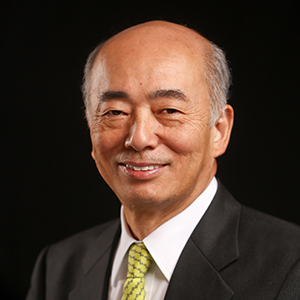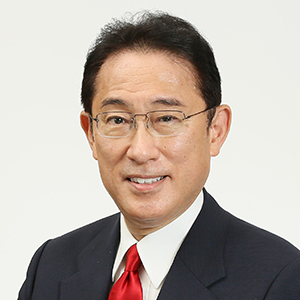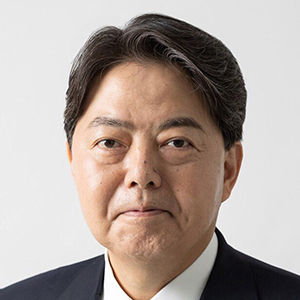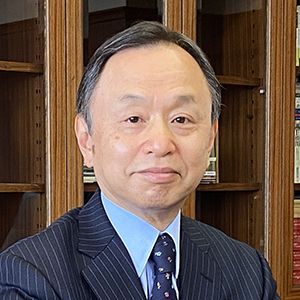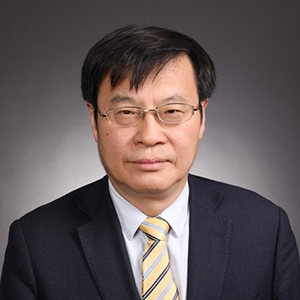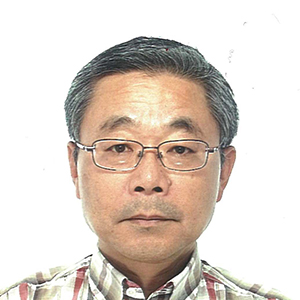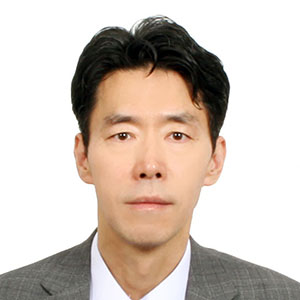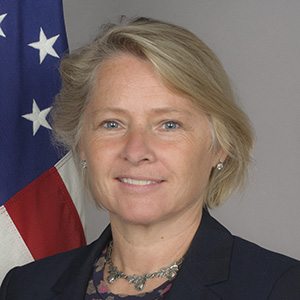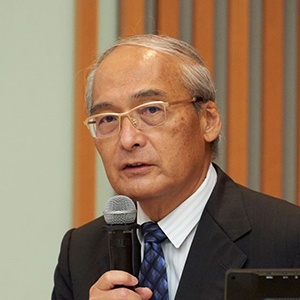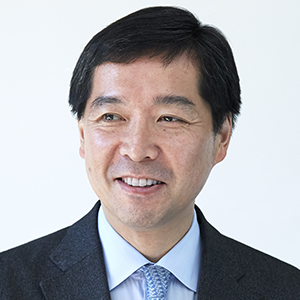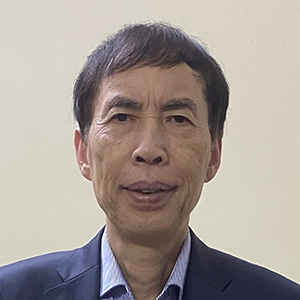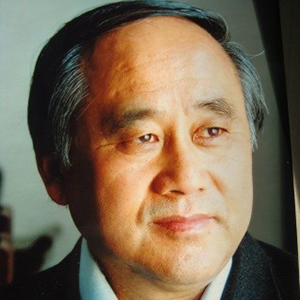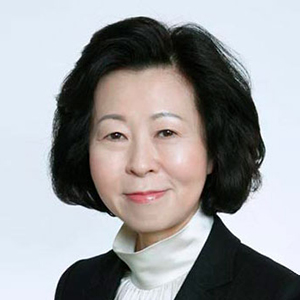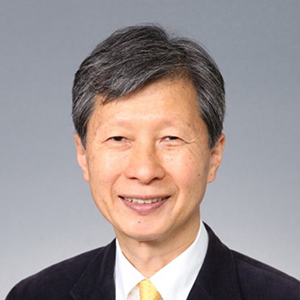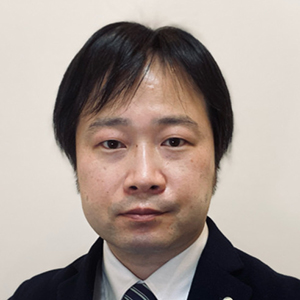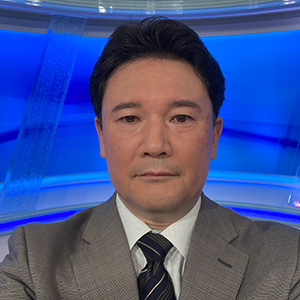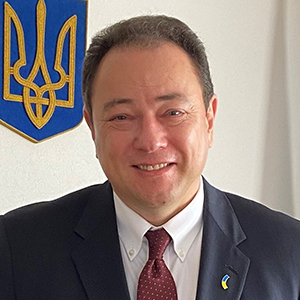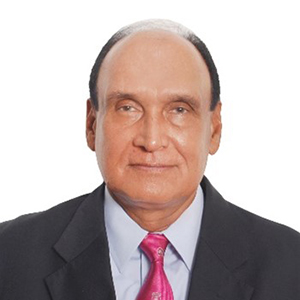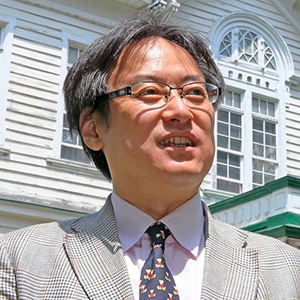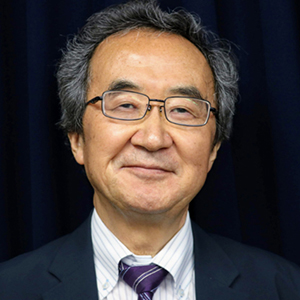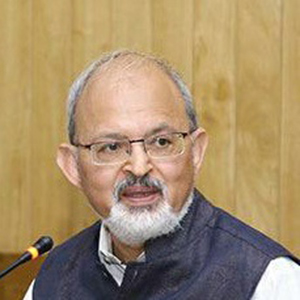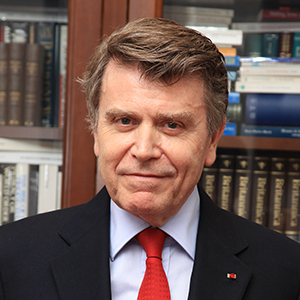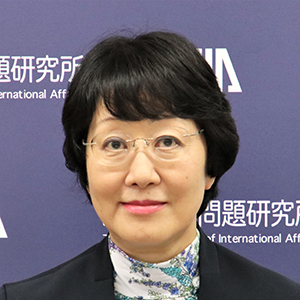The 4th Tokyo Global Dialogue - Program
The End of the “post-Cold War” Era
and the Future of the US-led International Order
Hosted by The Japan Institute of International Affairs (JIIA) online
February 20-21, 2023
and the Future of the US-led International Order
Hosted by The Japan Institute of International Affairs (JIIA) online
February 20-21, 2023
2/20 Mon
| 18:00-19:00 | OpeningWelcoming Remarks
Remarks
Speech
|
|---|
| 19:15-21:00 | Roundtable Featuring "Strategic Annual Report 2022"Russia's invasion of Ukraine has fundamentally overturned the European security order, and the "post-Cold War" era has come to an end. In the Indo-Pacific region, tensions between the US and China increased in 2022, especially over Taiwan, and there is no near-term prospect of a significant easing of tensions. Russia and China have strengthened their ties, and the confrontation with the West, that of democracy versus authoritarianism, or the "new Cold War" as it is also called, is splitting the world into blocs. International cooperation through multilateral frameworks is in a crisis, and countries in the Global South most affected by the food and energy crises face the challenge of securing their national interests in a destabilizing international order. Against this backdrop, Japan has reviewed its national security strategy and decided to strengthen its defense capabilities.
The current international situation, which provides premises for considering the future of the US-led international order and Japan's response, will be discussed from a broad perspective following an introduction of the "Strategic Annual Report 2022." 【Speakers】
紹介文
紹介文
紹介文
紹介文
紹介文
【Moderator】
紹介文
|
|---|
2/21 tue
【Part 1】 US-China Competition and the Indo-Pacific region
| 9:00-10:30 | (1) Politics and SecurityThe continuing competitive and confrontational US-China relationship has increased its tenseness in 2022, especially over Taiwan, and there is no prospect for a fundamental easing of tensions. China continues to expand its military power and influence, and the US, while viewing China as its most important strategic competitor, also seeks to manage US-China relations. The US and China also contest with each other over ASEAN countries and Pacific island countries. Meanwhile, North Korea has accelerated its missile development, further increasing its threat to the region and the international community.
The diplomatic and security strategies of the US and China in the Indo-Pacific region, the future of US-China relations and regional security, and the views and policies of regional countries, including Japan, will be discussed. 【Speakers】
紹介文
紹介文
紹介文
紹介文
紹介文
【Moderator】
紹介文
|
|---|
| 10:45-12:15 | (2) EconomyGlobalization based on international economic interdependence is subject to reassessment, particularly in the Indo-Pacific region, due to the impact of the COVID-19 pandemic and the intensifying US-China competition. Countries are pursuing efforts to secure stable supply of critical materials through strengthening of supply chain resilience and promoting collaboration with allies and partners on advanced technologies. At the same time, a free and open trade regime and economic interdependence continue to be necessary for regional development.
The impact of the US-China competition over economic security on the economic and trade regimes in the Indo-Pacific region, its prospects, and the policies of various countries, including Japan, will be discussed. 【Speakers】
紹介文
紹介文
紹介文
紹介文
紹介文
【Moderator】
紹介文
|
|---|
| 12:30-13:30 | Special Session: Maritime Security around JapanDuring China's military exercises around Taiwan in August 2022, missiles landed within Japan's exclusive economic zone and at a point not far from Yonaguni Island in Okinawa Prefecture. The degree of Chinese provocation in the waters surrounding the Senkaku Islands has increased over the years, and deepening of cooperation between the Chinese and Russian militaries around Japan has been confirmed in recent years.
An evaluation of Japan's policies to strengthen its defense and maritime security capabilities under these circumstances, as well as its future challenges, will be discussed, taking into account the current situation and outlook for maritime security around Japan. 【Speakers】
紹介文
紹介文
紹介文
【Moderator】
紹介文
|
|---|
【Part 2】 Impact of the War in Ukraine
| 15:00-16:30 | (1) Politics and SecurityRussia's invasion of Ukraine has fundamentally overturned the European security order, and its nuclear intimidation has raised concerns about the possible use of nuclear weapons in the international community. Western countries, including Japan, have implemented unprecedented economic sanctions against Russia and support for Ukraine based on the determination to uphold the principle that the change of status quo by force must not be allowed, and many countries have changed their security policies. However, with no clear path to an end to the war, the sustainability of Western countries' support for Ukraine and the resilience of democracy are being tested.
Discussion will be held on the impact of the war in Ukraine on European and global security, prospects for the conflict, and the future of security in Europe and the policies of various countries. 【Speakers】
紹介文
紹介文
紹介文
紹介文
紹介文
紹介文
【Moderator】
紹介文
|
|---|
| 16:45-18:15 | (2) EconomyRussia's invasion of Ukraine has caused global supply instability and price hikes for resources such as energy and food. Countries in the Global South, including those in the Middle East and Africa that have been dependent on Russia and Ukraine for grain imports, have been particularly affected, and a dark shadow is cast over their domestic politics and the future of the global economy. The EU, faced with soaring energy and food prices, trade deficits, a weak euro, and a gas crisis, is trying to accelerate the Green Transition.
The impact of the war in Ukraine on the international economy and its prospects, and the responses of international organizations and countries/regions will be discussed with a focus on food and energy. 【Speakers】
紹介文
紹介文
紹介文
紹介文
紹介文
【Moderator】
紹介文
|
|---|
【Part 3】 The Future of the US-led International Order
| 18:30-20:00 | The Future of the US-led International OrderAs the "post-Cold War" era comes to an end, the continuation of a stable international order can no longer be taken for granted, and each country faces the challenge of securing their own peace and national interests in an uncertain international situation. Multilateral cooperation is in a crisis, and concerns about the possible use of nuclear weapons are growing. Food and energy crises cast a dark shadow over the economic growth in the Global South and countries beyond. Amid the splitting of the world into blocs called a "new Cold War," where will the US-led international order, which symbolized the "post-Cold War" era, be going? Is a rules-based free and open international order sustainable?
Based on the current status and outlook of the international situation, the future of the US-led international order, Japan's response that made a major shift in its security policy, and Japan's role as it holds the presidency of the G7 in 2023 will be discussed from a broad perspective. 【Speakers】
紹介文
紹介文
紹介文
紹介文
紹介文
紹介文
【Moderator】
紹介文
|
|---|
| 20:00-20:15 | ClosingClosing Remarks
|
|---|
